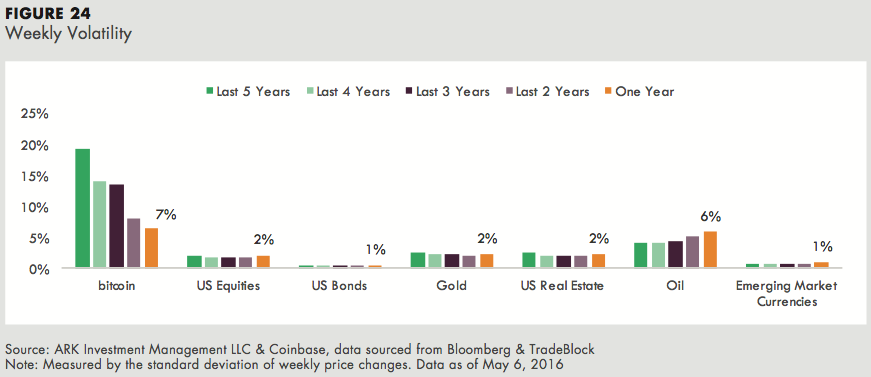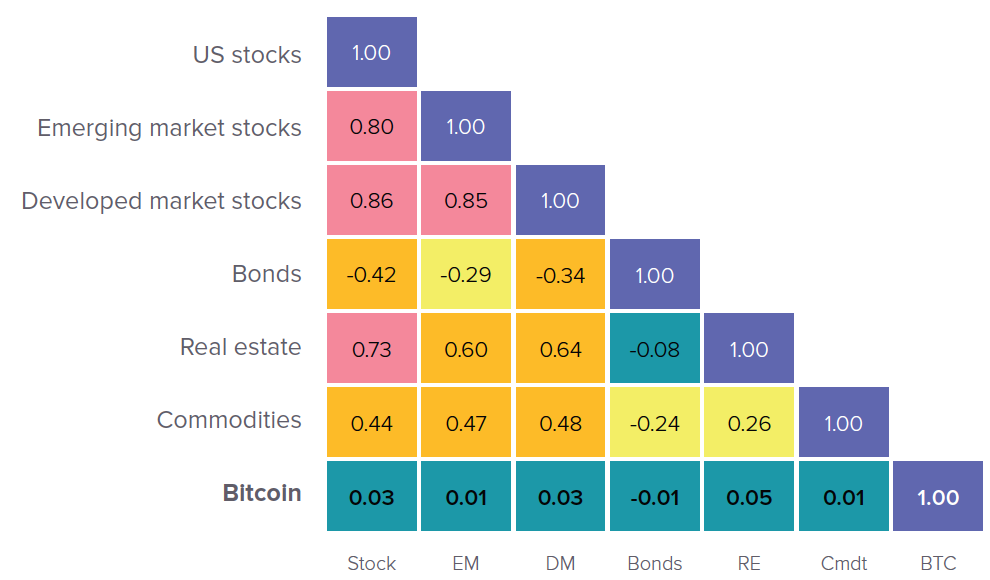The relationship between the U.S. Securities and Exchange Commission (SEC) and the cryptocurrency industry has been turbulent. There is this atmosphere of hostility and uncertainty that continues to put the U.S. at odds with the global crypto market.
The regulator has repeatedly taken action against crypto companies and issued warnings to investors about the risks of ICOs and other cryptocurrency investments. These actions and warnings are often substantiated with concerns over issues such as volatility, fraud, and the lack of regulation as significant concerns for potential investors.
In 2023 alone, the regulator took 26 enforcement actions related to cryptocurrencies. Notable actions include legal proceedings against initial coin offerings (ICOs) for alleged securities violations, scrutiny of major crypto exchanges like Binance, Coinbase, and Kraken regarding the treatment of cryptocurrencies as securities, and an ongoing legal dispute with Ripple over the status of XRP.
While the SEC’s actions are driven by its mandate to protect investors and combat illicit activities, its current hardline stance fails to adequately accommodate cryptocurrencies’ fundamentally unique nature.
The U.S. SEC’s Turbulent Relationship with Crypto
SEC’s adversarial stance stems from applying existing securities regulations to an industry built on decentralized blockchain technology operating outside traditional financial frameworks. Consequently, the SEC has clashed with various companies in attempts to enforce compliance.
These confrontations, often labelled as “regulation by enforcement,” underscore the SEC’s commitment to upholding traditional securities regulations. However, they also highlight the challenges of applying outdated frameworks to an industry built on new principles and technologies.
In 2019, the SEC issued the “Framework for ‘Investment Contract’ Analysis of Digital Assets,” and outlined the factors that will be considered for determining whether a digital asset is a security. This framework, based on the Howey Test, stipulates that an asset falls under SEC jurisdiction if it involves investing money in a common enterprise with an expectation of profits derived primarily from the efforts of others.
Mind you, this standard is derived from a 1946 Supreme Court case concerning orange groves and has since been used to differentiate the sale of securities from other purchases. Its application to crypto is however interesting.
The SEC’s broad definition of securities, classifying most cryptocurrencies (excluding Bitcoin) as investment contracts where profits derived solely from others’ efforts, disregards cryptocurrencies’ unique characteristics and uses cases beyond just investment vehicles.
Bitcoin and crypto are fundamentally different asset classes.
Bitcoin and cryptocurrencies represent a paradigm shift, introducing novel concepts like trustless peer-to-peer transactions, decentralized networks, and cryptocurrency mining for transaction validation and coin issuance. This fundamentally differs from traditional assets like stocks and bonds, meaning cryptocurrencies may not fit neatly into regulations designed for old financial markets.

Cryptocurrencies like Bitcoin possess inherent characteristics that fundamentally differentiate them from conventional asset classes, including:
- Decentralization: Cryptocurrencies function on decentralized blockchain technology, negating the necessity for intermediaries such as banks or central authorities. This decentralized structure enhances transparency, security, and resistance to censorship.
- 24/7 Market Access: In contrast to traditional financial markets adhering to specific operating hours, the cryptocurrency market operates 24/7. This continuous accessibility facilitates global trading at any time, offering flexibility to market participants.
- Global Accessibility: Cryptocurrencies are available to anyone with an internet connection, fostering global financial inclusion. This accessibility is particularly impactful for individuals in regions with limited access to conventional banking services.
- Limited Supply and Scarcity: Many cryptocurrencies, Bitcoin included, have a capped supply, instilling a sense of scarcity. For example, Bitcoin’s maximum supply is set at 21 million coins, creating a perception of digital scarcity that may influence its value proposition.
- Programmability and Smart Contracts: Certain cryptocurrencies, like Ethereum, enable the creation of programmable contracts known as smart contracts. These self-executing contracts facilitate automated and trustless execution of predefined agreements, adding a layer of functionality beyond simple value transfer.
- Community-Driven Innovation: The cryptocurrency space thrives on open-source development and innovation driven by the community. This collaborative approach has given rise to various projects addressing specific challenges or introducing novel solutions, fostering a dynamic and evolving ecosystem.
- Ownership and Control: Cryptocurrency ownership is managed through private keys, providing individuals with direct control over their assets. This stands in contrast to traditional financial systems where intermediaries often handle custody and control over assets.

Stating the SEC’s Case
These differences that set cryptocurrencies apart also mean that without enough and adequate regulations catering to this new market, many bad actors will (and have) exploited the loopholes in the novel products to defraud investors and steal billions of dollars.
The unabated occurrence of scams and hacks further gives the regulator leeway in the sector. For instance, the FTX scandal, which unravelled in November 2023, exposed the hideous side of everything that could go wrong in a badly managed crypto entity.
The BitConnect scam and the OneCoin Scam also come to mind. (BitConnect, operating as a lending platform, turned out to be a Ponzi scheme, causing financial losses estimated at $2.4 billion and the platform’s closure.) OneCoin, founded in 2014 by Ruja Ignatova in Bulgaria, is estimated to have defrauded investors of around $25 billion. Ignatova disappeared in 2017, and OneCoin’s other co-founder was found guilty of fraud and sentenced to 20 years in federal prison.
While the SEC’s actions have faced criticism for potentially stifling innovation, it is crucial to recognize the agency’s efforts in upholding its mandate to combat fraud and safeguard investors. By serving as a deterrent against illicit activities, the SEC contributes to fostering a robust market environment for digital assets.
The Path Forward: SEC’s Stance Needs Revision to Accommodate Crypto’s Unique Challenges
To strike a balance, collaborative efforts between the crypto industry and regulators like the SEC are essential to create a nuanced regulatory framework that acknowledges cryptocurrencies’ unique nature while still protecting investors.
Until regulations adapt to crypto’s unique attributes and challenges, rather than shoehorning it into existing frameworks, the U.S. crypto industry will remain embattled and in a fix. The intriguing part is that the SEC’s stance cannot change; the U.S. laws have to be modified, or new ones have to be created. To quote the current SEC Chairman Gary Gensler, “When a new technology comes along, our existing laws don’t just go away.”
It is up to the U.S. legislators to do this. However, the delay in crafting laws for this evolving industry has raised concerns, especially as other nations often look to the U.S. for guidance on economic laws and innovation. These delays have also forced the SEC’s hand, making the agency try its best to stem the massive wave of illicit activities and crimes in the sector.
While the regulatory hurdles confronting the cryptocurrency industry vary across jurisdictions. For instance, while El Salvador has officially recognized Bitcoin as legal tender, countries like China have outrightly prohibited Bitcoin and crypto transactions. This divergence in regulatory approaches suggests that the crypto space can potentially evolve independently from the influence of the SEC and its oversight of digital assets. This seems to be the inevitable end.
Should You Be Concerned About the U.S. SEC’s Stance on Cryptocurrency?
So, should we worry about the SEC’s unclear–muddled up–stance about crypto? Yes, if you are a U.S. resident, because it has a strong bearing on how you would access crypto services.
Recent legal victories for companies like Ripple and Grayscale, as well as growing interest from traditional finance institutions in crypto-based investment vehicles like Bitcoin ETFs, underscore the pressing need for a balanced approach that fosters innovation while protecting investors.
However, in this current ambiguous regulatory climate, as investors, you must exercise caution and conduct thorough research before you make any decision while also closely monitoring developments. You can also be proactive and advocate for sensible crypto regulations by engaging with lawmakers, participating in public comment periods, and supporting industry organizations working towards sensible crypto rules in the U.S.
Disclaimer: This piece is intended solely for informational purposes and should not be considered trading or investment advice. Nothing herein should be construed as financial, legal, or tax advice. Trading or investing in cryptocurrencies carries a considerable risk of financial loss. Always conduct due diligence.
If you want to read more news articles like this, visit DeFi Planet and follow us on Twitter, LinkedIn, Facebook, Instagram, and CoinMarketCap Community.





















